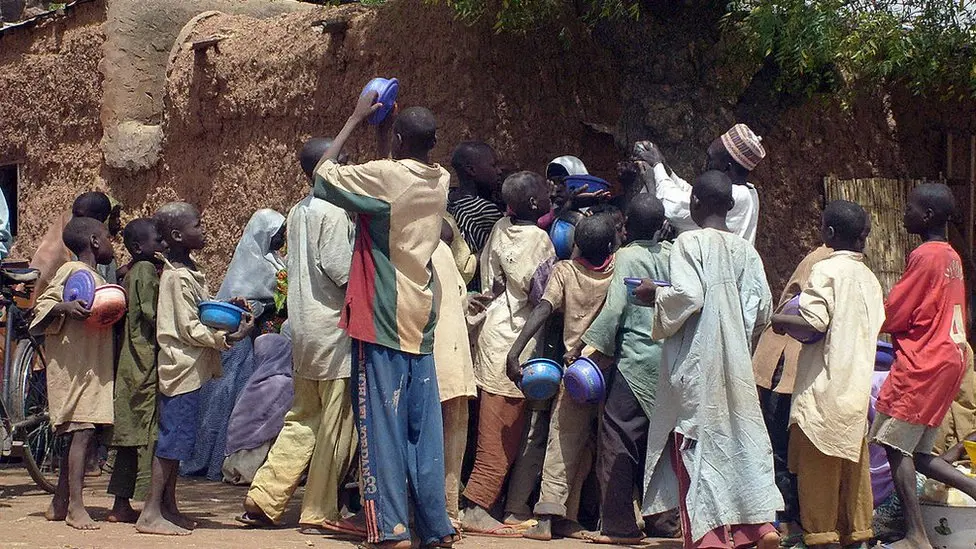
The Catholic Bishops in Malawi are appealing to local, national, and international bodies as well as individuals to come to the aid of over six million Malawians affected by food insecurity, a challenge requiring hundreds of millions of dollars to address.
In a statement dated July 1st and signed by the Chairman of the Episcopal Conference of Malawi (ECM), Archbishop Thomas Luke Msusa, the Bishops site Malawi Vulnerability Assessment Committee (MVAC, 2016) report, which has given the figure of 6.5 million Malawians in need of humanitarian assistance.
The Bishops also quote US$ 307.5million as the amount the country requires “to support the affected population.”
“We, therefore, wish to join the State President in calling upon National and International stakeholders, institutions, Bodies, men and women of good will to come to the fore and help avert the situation,” the Bishops say and thank those who have already pledged support.
In April 2016, President Mutharika declared a state of national disaster over food shortages attributed to erratic climate conditions.
At the time, Southern Africa spokesman for the United Nation's World Food Program (WFP), David Orr, was quoted as saying that the situation was “quite dire” and that the worst was still to come.
True to Orr’s warning, the Bishops stated, “Our hospitals are already reporting higher rates of malnutrition cases with the situation feared to worsen as we approach what we normally call the lean period.”
“The current food insecurity reports in our country are in discord to the Gospel teaching of Our Lord Jesus Christ: I have come so that they may have life and have it to the full (John 10:10).”
The Bishops describe the hunger situation in their country as a “paradox in the land of plenty” and challenge the government to particularly implement the “National Resilience Plan, which is aimed at breaking the cycle of food insecurity.”
“Our plea is that we should not just have mouthful and beautiful policies that translate into nothing,” the Bishops state and call on the government to “consider reforming the Farm Input Subsidy Program (FISP) to ensure support for rural farmers.
The Bishops also express the need for the government to restore the dilapidated agricultural infrastructure, prioritize water harvesting mechanism for irrigation, revive the agriculture extension services delivery, and improve the Green Belt Initiative.
“We call upon the Government to be committed to food security in Malawi by enacting the Right to Food Bill,” the Bishops add.
They expressed their closeness to the affected Malawians saying, “We are in solidarity with the affected population and keep them in our prayers.”
Source: CANAA






















